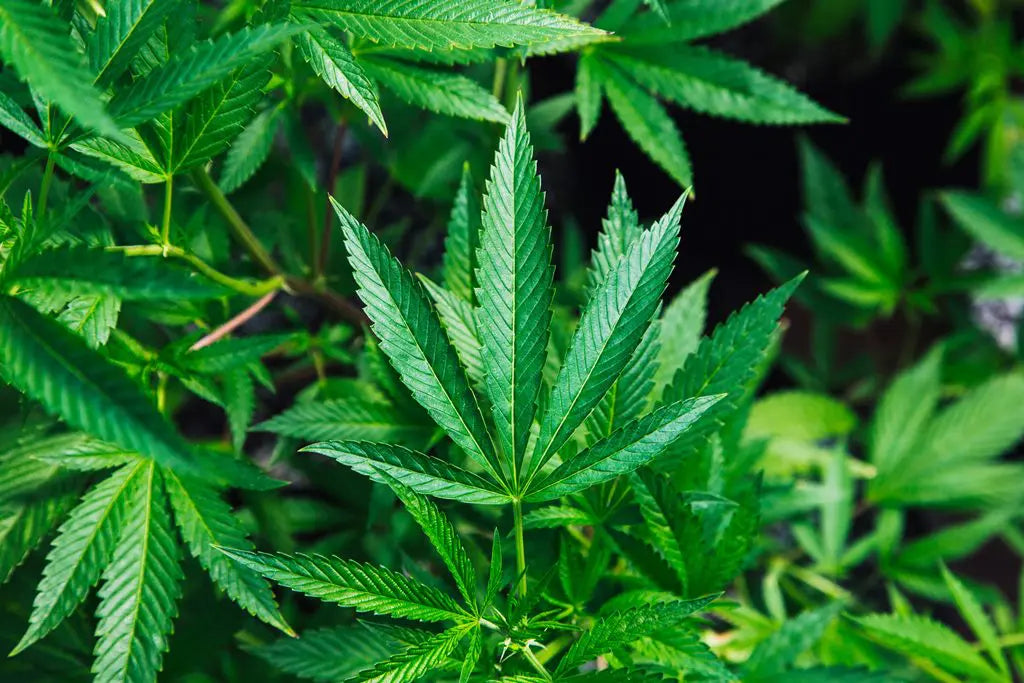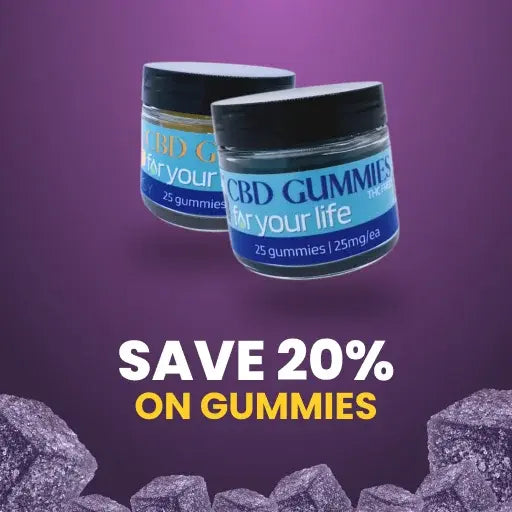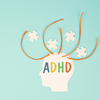CBD vs THC: What’s the difference and why is it important?

Written by Kandi Neal:
With the use of marijuana & cannabis products increasing, people are left to wonder which to choose, CBD vs. THC? The simplest way to explain is that THC can make the human body feel high, while CBD won’t.
Chemical Structure
First, we should discuss the chemical structure. Tetrahydrocannabinol (THC) and cannabidiol (CBD) are the main cannabinoids that naturally occur in the Cannabis sativa plant. THC and CBD closely resemble the body’s natural cannabinoid receptors and are actually composed of the same chemical formula. However, the atoms are not arranged in the same way, which is why they each produce different results. Additionally, scientists have identified more than 100 unique cannabinoids in the cannabis plant, but the ones you will most often hear about are delta-9-tetrahydrocannabinol (THC) and cannabidiol (CBD). Cannabinoids are naturally occurring compounds that interact with receptors found throughout the body to achieve certain physiological effects. Humans produce endocannabinoids, which are neurotransmitters that bind to receptors and impact pain, mood, appetite, sleep, and a variety of other functions. Meanwhile, exogenous cannabinoids are not produced by the body but can be found in marijuana as THC, CBD, and a variety of other compounds.
Let’s break it down a little further.
When it comes to marijuana, THC dominates the chemical makeup of the plant. Most times, marijuana is specifically cultivated to maximize the THC potency and harvested to produce intoxicating effects. Although in some marijuana plants, the THC content can be as low as 3 percent, but most contain around 12 percent. That being said, the typical marijuana dispensary usually offers strains of marijuana with much higher THC content to cater to what the customer is generally looking for, with an average of 20-25 THC; some can be as high as 30 percent or even more.
Although marijuana is dominated by THC, the chemical makeup of hemp is dominated by CBD. Because hemp’s THC content is no more than 0.3 percent, hemp has almost 10 times less THC than the least potent strain of marijuana. Alternatively, hemp simply has more CBD when compared to THC, making it an optimal source of CBD from cannabis.
THC vs CBD – Where do they come from?
CBD can be derived from both hemp and marijuana. You may be asking – how are they different? As mentioned previously, hemp plants are cannabis plants that have less than 0.3 percent THC, whereas marijuana plants are also cannabis plants, but have higher concentrations of THC. Hemp is a cannabis plant that is specifically harvested for the stalks, flowers, and seeds. Because it grows tall and sturdy and can be between 2-4 meters in height, it is more often than not cultivated outdoors. The cannabinoid content of marijuana is where it differs the most from hemp.
Side Effects
Regardless of their close chemical structures, THC and CBD do not have the same psychoactive effects. Furthermore, CBD does not produce a psychoactive side effect whatsoever, meaning that there is no “high” associated with CBD. To further explain, THC binds with the cannabinoid 1 (CB1) receptors in the brain, producing a feeling of euphoria, whereas CBD can only bind weakly, if at all, to CB1 receptors. Moreover, it can even interfere with the binding of THC and lessen the psychoactive effects. While THC can most definitely provide outstanding health benefits, its mind-altering effects are not favored by everyone. On the other hand, CBD can come to the table with several similar benefits of THC without any of the psychoactive effects.
Legalities
In November 2019, the U.S. House Judiciary Committee passed a bill to decriminalize cannabis at the federal level. Any product that comes from hemp is legal in the United States, according to both state and federal law. However, it must be extracted from high CBD, low THC hemp. With the passing of the Farm Bill in December 2018, industrial hemp became a legal agricultural material across all 50 states, allowing companies to grow and sell CBD hemp products. CBD on its own is not listed under the Controlled Substances Act, so it remains legal as long as it is not extracted from marijuana. However, when it comes to marijuana CBD oil, the laws from state to state will vary. If derived from marijuana, CBD is not legal unless it’s obtained through a state that permits recreational marijuana use or through a state-regulated medical marijuana program.
Why choose CBD?
Research has found that CBD does not have addictive potential. According to a 2017 Pre-Review Report, the World Health Organization (WHO) states that “evidence from well-controlled human experimental research indicates that CBD is not associated with abuse potential.” CBD is absent of any possible adverse cognitive effects from THC. Actually, CBD can even help to counteract the psychoactive effects of THC. With the increased popularity of medical cannabis, many breeders are now starting to create strains with higher CBD to THC ratios to minimize the psychoactive side effects and cater to the growing number of CBD consumers. CBD comes in a variety of options, including:
• Topical creams
• Oils
• Edibles (including gummies)
• Capsules
• Vapes (including wax concentrates and dabs)
To learn more about the best CBD product for you, take a listen to our podcast on the subject.
Overall, the decreased risks of CBD, combined with its effectiveness, make it a great choice.
Sources:
Live Science: What is THC?
The Growth Op: Seven Incredible benefits of THC
-
Posted in
cbd oil, cbd vs. thc, full spectrum cbd








